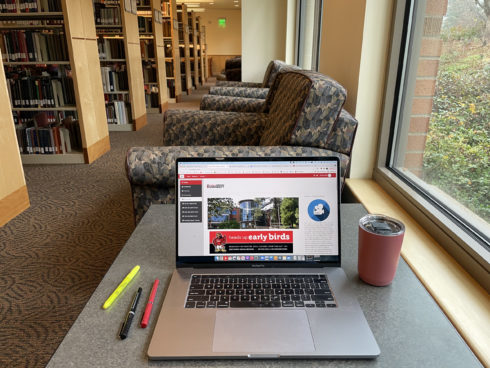
While at first glance this may seem like an article on something we all learned as children, I’d like to stress the importance of properly apologizing to someone you’ve wronged. We all have at least one person we still feel funny around (or don’t even associate with anymore) because of a hurt that’s occurred in the past. Whether the hurt was big or small, it’s still fresh in our minds and not likely to go anywhere unless we forgive the person who inflicted it upon us. I realize forgiving is easier said than done, but isn’t it so much easier when a sincere apology has been received? This is an attempt to teach at least one person how to really apologize.
- The first step in apologizing is understanding why the other person is hurt. Try seeing the situation from their point of view and think about how you would feel if the tables were turned. Even try looking at things from an outside perspective and think about who you would think deserved an apology. Maybe it’s both of you, maybe it’s you, maybe it’s the other person. Take into consideration personality traits in the other person that may affect how they reacted to the hurt. Are they sensitive? Have they been hurt in a similar way in the past? There are a number of factors that influence why we feel the way we do. Just remember what’s important; someone is hurt because of you, and you can fix it.
- Put away your ego. If you’re more interesting in arguing and playing the blame game, you’re never going to fix the situation and you’re going to drag it out for way longer than is necessary.
- Find a time and place that’s good for you and the other person. It may be an email to their personal account, or a coffee date, don’t be too picky. If the apology is genuine, it’ll be appreciated no matter if it’s a text or handwritten letter.
- Choose your wording carefully. The goal here is to fully humble yourself to apologize for anything you may have done to hurt the other person, not cause another argument or debate. Don’t accuse the person of anything, this isn’t a hearing, it’s you taking blame for what you did to contribute to the problem and asking forgiveness for it.
- Listen to what the other person has to say. If they say harsh things, be the bigger person. Remember your goal.
- Don’t expect immediate forgiveness. Allow the other person time to consider your apology and decide what they’d like to do with it. Giving them space to think is kind and mature. If you never hear from them again, you’ll have peace knowing that at least you tried to mend things.
It may not always be as simple as saying “I’m sorry”, but knowing how to apologize is a great thing to understand. Not only will you know how to be the bigger person, but you’ll also know better what to look for when being apologized to. Just remember that while you can’t erase the past, you can mend the hurt.

